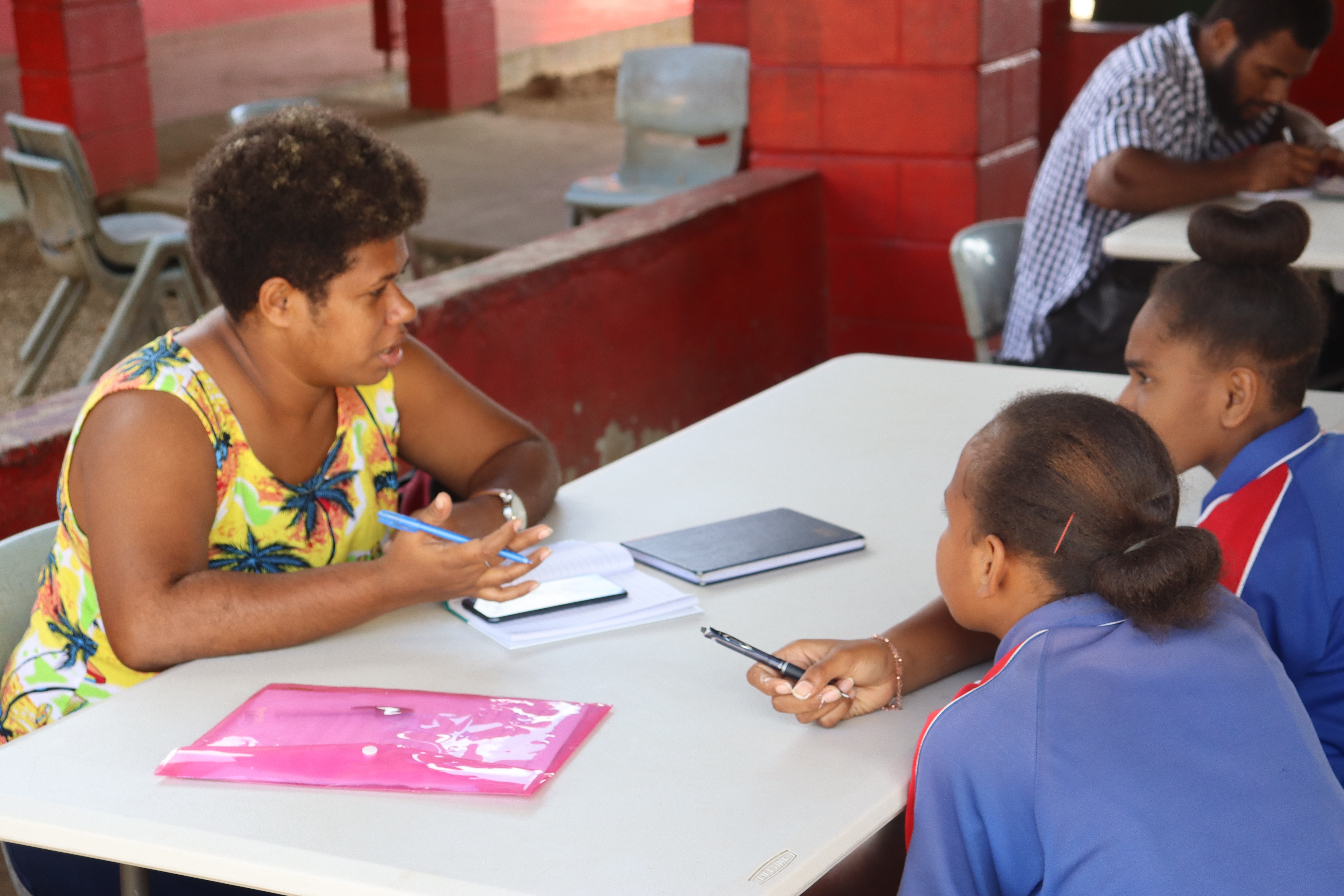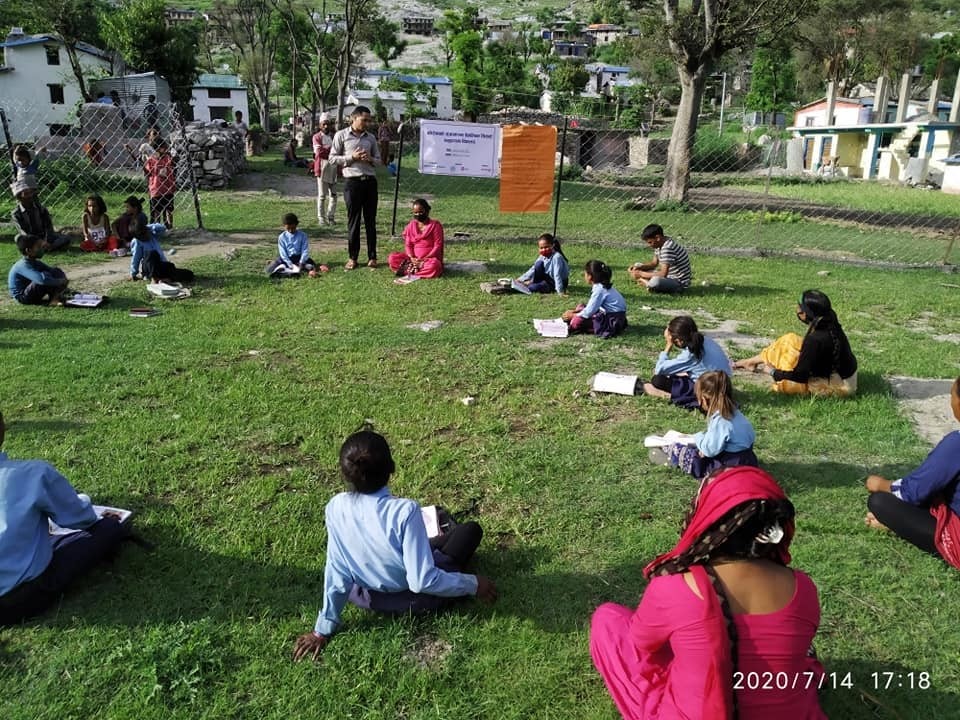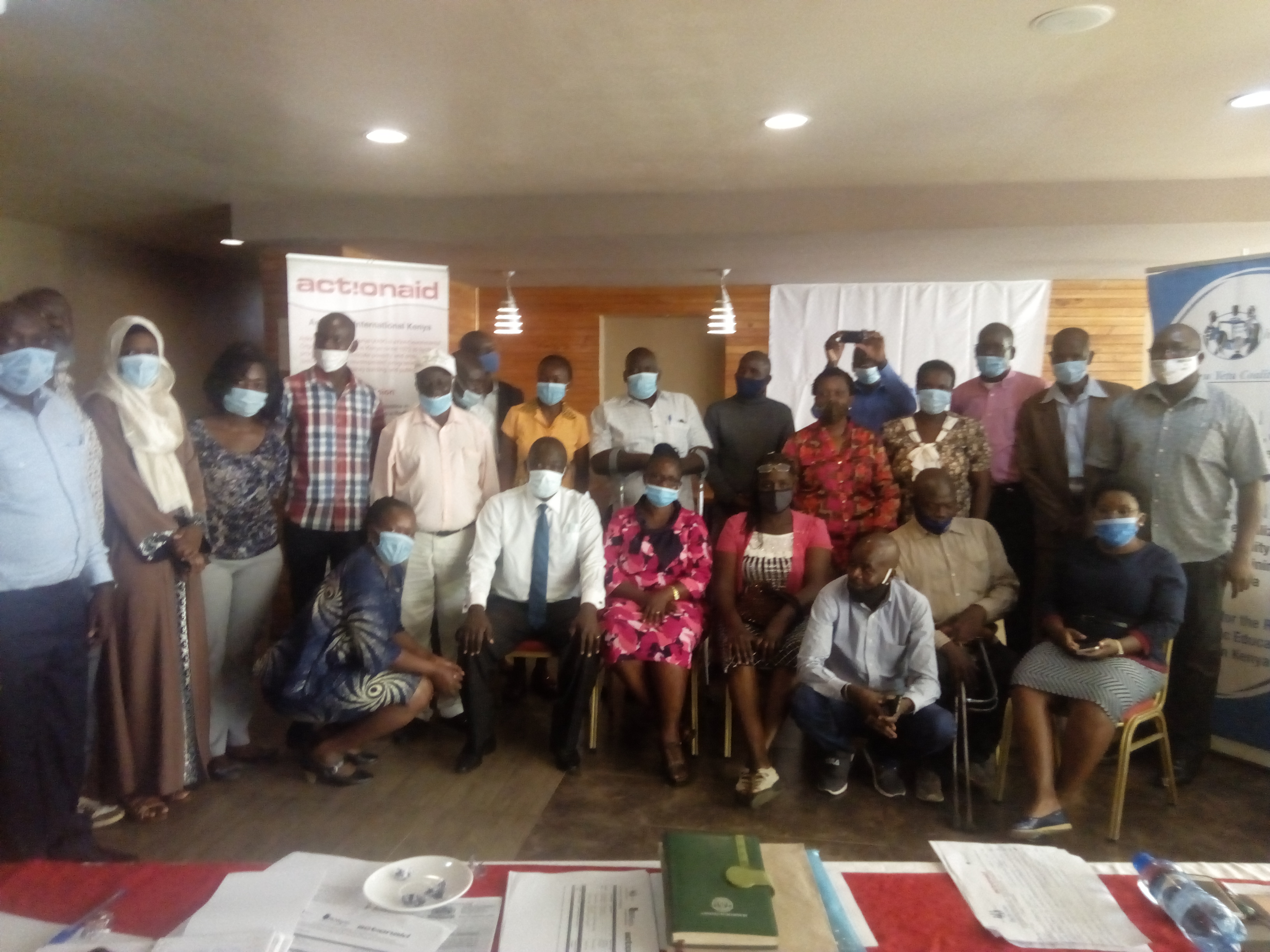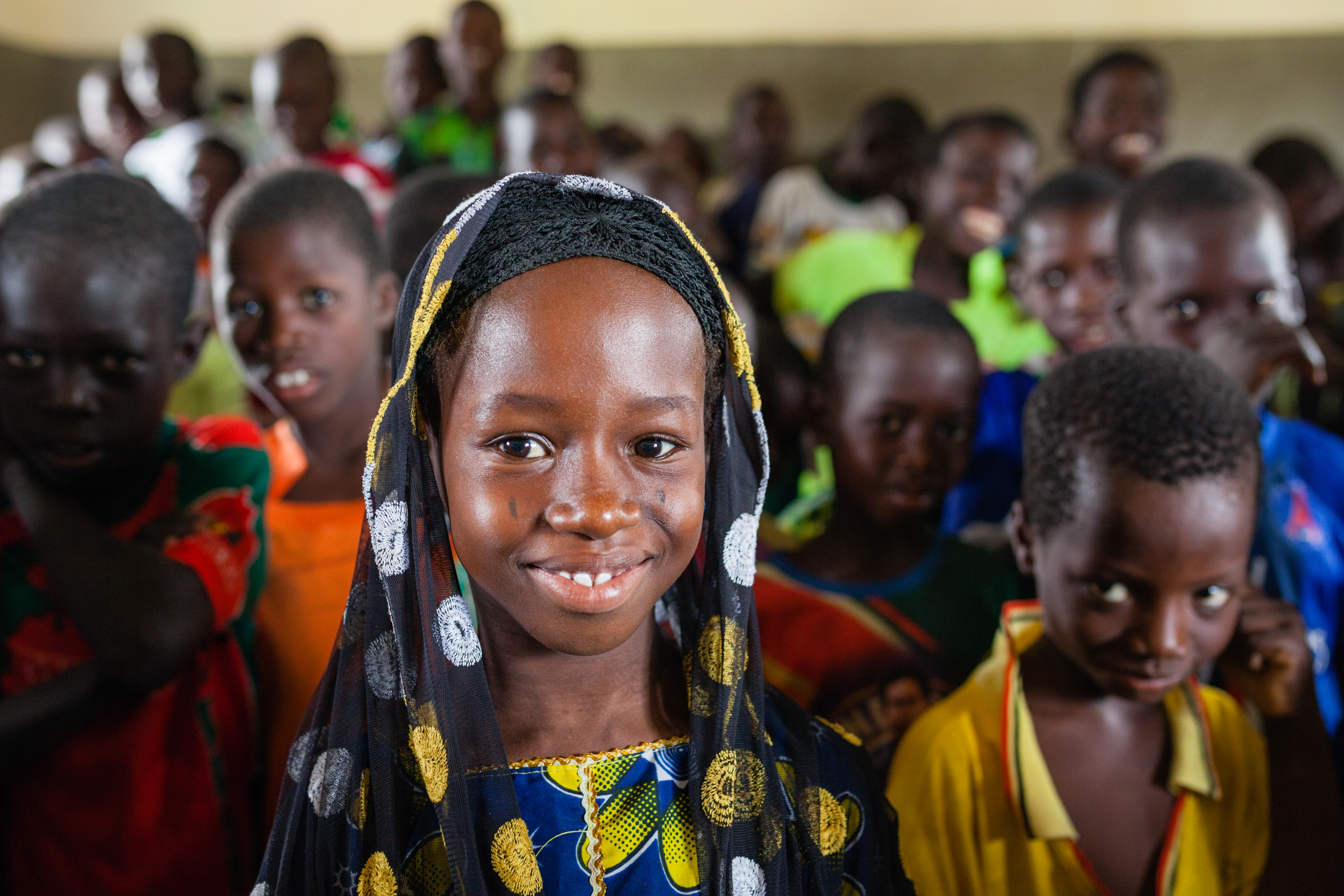Measuring the effectiveness of home-schooling in Vanuatu during Covid-19
KOBLE
The Kolisen Blong Leftemap Edukeson (KOBLE) is a national coalition of civil society organisations in Vanuatu.
KOBLE was established in 2018
The coalition works to engage the Government of Vanuatu and other stakeholders on national education policy to ensure that all in Vanuatu have access to good, quality, and inclusive public education
The global pandemic in 2020 closed billions of schools worldwide leaving 258 million children out of school. Nations around the world have been forced to use innovative measures to ensure continued learning for students and in many cases, home-schooling has become an important part of these efforts.
In Vanuatu, different schools used very different approaches in providing remote learning during school lockdowns. To assess the effects of the different responses, KOBLE initiated community-based research on the implications of the lockdown on children’s learning. Their research taught them that online teaching is insufficient in Vanuatu, that parents and teachers need more guidance, and it gave them unique insights into the general situation of education in remote communities of the island-state.
Digital infrastructure and guidance of parents
“One of the core issues we discovered was the digital infrastructure. The government focused a lot on using online teaching platforms during the lockdowns. But in some of the remote areas we visited during our research, there is poor or no internet connection and in some cases no electricity” explains Shirley Abraham, National Coordinator of KOBLE.
The lack of sufficient digital infrastructure made learning difficult for students in remote areas. KOBLE also realized that illiteracy rates amongst parents were high in some areas which made it difficult for parents to support their children in learning. In addition, some of the main recommendations in the report include providing better guidance for parents, making sure that teachers are more directly involved with students, and ensuring that even those without access to internet are provided with necessary hard-copy learning materials.
THE HOME SCHOOLING PACKAGE REPORT
The report on remote learning during Covid-19 is a national survey which was undertaken by a team of researchers hosted by KOBLE.
The report investigated the experience of students, schools, teachers, parents, and communities participating in the Home-Schooling Package (HSP) program trial due to the Covid-19 pandemic.
The report presents keys findings and make recommendations towards developing a cohesive and inclusive home-schooling package in Vanuatu that will effectively support continued learning during pandemics and natural disasters.
The situation of education in remote communities
For KOBLE, which was established only 3 years ago in 2018, going to the communities to assess home-schooling was an important experience:
“Preparing this report was one of the very first big experiences for us as a coalition. It is the first time we have engaged so extensively with remote communities.” Shirley Abraham notes.
Initially, the government did not fully see the significance of KOBLE as a local NGO working on these issues:
"But once they saw that we were going to the communities, they realized the importance of us. The provincial governments actually sent local officials to accompany us when we visited the communities. This helped us create trust between us and the local communities,” says Shirley Abraham.
Besides getting insights into learning challenges during the lockdown, KOBLE’s engagement at the community level provided them with an important understanding of the general situation of education in remote areas. This was invaluable since most organisations in Vanuatu are based in cities.
“We got a chance to assess the general situation of education in the communities. For example, we noted that some students have to cross the sea by boat to other islands or walk very far distances to go to school” says Shirley Abraham.
Getting the attention of policymakers
KOBLE’s research has generated unique insights into education challenges in remote areas of Vanuatu and caught the attention of policymakers. Since its publication, the report has been published on the website of the Ministry of Education and Training:
“Once the report was completed, we received very good feedback from the government. No research on the home schooling was done before we did it. The report is not just on the issue of internet, we also focus on general challenges for marginalized groups – especially children with disabilities,” says Shirley Abraham.
“Much can be done if the government allocates funds to improve education in remote areas. Issues regarding the general infrastructure won’t happen overnight, but we believe that standardizing the home-schooling package to accommodate the most vulnerable communities, can be a step towards addressing the gap in learning created by the lockdowns.”




